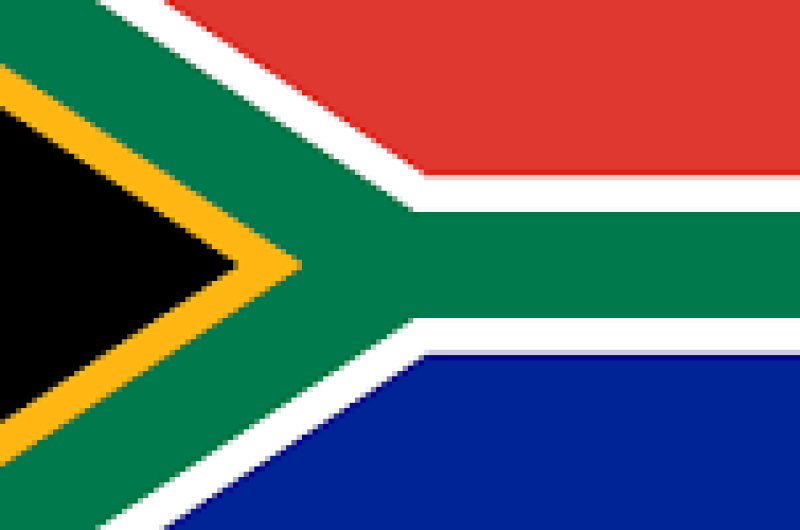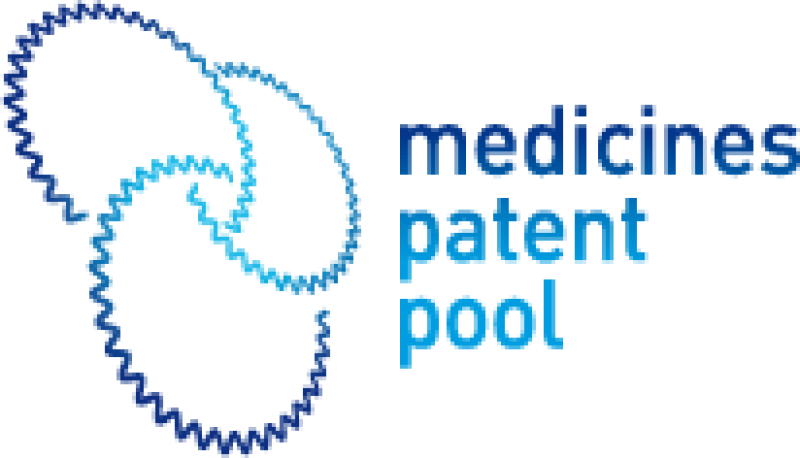South Africa’s R&D tax incentive scheme reviewed
South Africa offers a 150% tax deduction on expenditure, plus an accelerated depreciation deduction for capital expenditure, on research and development (R&D) activities in the country. The scheme was introduced in 2006 and is reviewed annually to see whether it delivers on certain objectives such as attracting R&D investment into the country.
This month the government endorsed the 2014/15 report on the scheme. This report is not yet public but a spokesperson from the Department of Science and Technology (DST) told Managing IP that the figures in the report are “the same as those published in the 2013/14 report”.
“This is because we have not updated the count for IP outputs. We are starting a process for impact evaluation of the incentive which will provide us with a detailed account of the IP impact,” the spokesperson explained. All the reports on the scheme are published here.

According to the government’s press release, R6 billion ($413 million) was claimed by 876 companies between November 2006 and February 2015. The scheme supported around R33.3 billion ($2 billion) worth of R&D expenditure during this period.
Some of the companies that participated in the scheme reported, among other results: (a) 765 scientific publications; (b) 1,267 total granted and pending patents; and (c) 111 total number of other forms of IP created.
Based on the 2013/14 report we understand that the patent figures cover both local and international patent applications. The top five industries in terms of R&D expenditure were: (a) manufacturing, (b) financial intermediation, (c) real estate and business services, (d) transport, storage and communication and (e) mining and quarrying. The report also identified electrotechnical and ICT, aerospace and defence, advanced materials and nuclear as four key sectors for long-term development.
The DST, however, says the 2014/15 report highlights certain aspects of the scheme (for example delays in the approval process) that need to be improved. The government has initiated legislation to relax the rules and “allow taxpayers to reopen assessments and claim approved R&D expenditure that they incurred during that year”.
This has been included in the 2016 Draft Tax Laws Amendment Bill (see page 25), which is now open for public comments until August 8 2016.
IP Consultative Framework established in South Africa
From the same government’s press release we also learn that the DST’s IP Consultative Framework (IPCF) has been approved. The purpose of the IPCF is to enhance the engagement between government and stakeholders towards the development of South Africa’s IP Policy.
The government said it “will ensure that the IP policy respects property rights as enshrined in the Constitution while striking appropriate balances with public interest and responds to South Africa’s unique innovation and development dynamics”.
In an article law firm Spoor & Fisher said: “South Africa’s IP policy remains delayed, but it would appear that the consultative process is beginning again. We are encouraged by the Government’s commitment to respect IP rights while striking appropriate balances with public interest, and hope that the IP policy will be finalised without much more delay.”
South Africa: AdWord bidding isn’t unfair
South Africa’s Supreme Court of Appeal has confirmed that a claimant cannot invoke a special kind of unfair competition law termed ‘leaning on’ to prevent a competitor from bidding on its unregistered trade mark as a Google AdWord keyword. Delivering the judgment of the Court in Cochrane Steel Products (Pty) Ltd v M-Systems Group, Judge Ponnan said: “Our courts have generally declined to come to the aid of an applicant complaining that a rival trader has used its trade name for its own commercial purposes unless that applicant can establish that the rival trader is using its trade mark or trade name in a manner likely to deceive or confuse members of the public.”
The judge added: “For imitation is the lifeblood of competition and the bare imitation of another’s product without more is permitted.” The Court made it clear that the policy behind this is to prevent “the creation of impermissible monopolies”.
On the claim of passing off, the Court’s view was that the appellant did not demonstrate that the way the advertisement is displayed gives rise to likelihood of confusion. For more see our analysis of the High Court decision in 2014 here and this case note by law firm Adams & Adams.
Deadlock on GIs and disclosure proposals
WTO members failed to reach agreement on document TN/C/W/52 at a special session of the TRIPs Council this month. According to the chairperson of the TRIPs Council (Trade Negotiation Committee) Dacio Castillo: "The delegations attending the consultations largely reiterated known positions and did not offer suggestions on how to move forward. Most delegations who spoke said that they were still in reflection mode and were not in a position to make concrete suggestions as to next steps at this stage.”
The document contains proposals by a number of members for three issues to be included in the Doha Work Programme negotiations. They are: (a) a register open to geographical indications for wines and spirits (GI); (b) a mandatory requirement for the disclosure of the country source of genetic resources and/or traditional knowledge; and (c) extension of GIs to cover all products beyond wines and spirits.
Switzerland, the EU and the US hope common ground can be reached after the summer break.
TRIPs Protocol secures 76 members

Papua New Guinea is the latest country to deposit its instrument of acceptance for the 2005 Protocol amending the TRIPs Agreement.
The Protocol enhances the TRIPs flexibilities to make it easier for WTO members to import and export generic medicines made under compulsory licences. This development brings the number of acceptances to 76.
The amendment will enter into force when two thirds, 109 as of today, of the WTO members have ratified the Protocol. The deadline to reach this milestone is December 31 2017. Until then, members have to rely on the existing 2003 ‘waiver’ to facilitate access to medicines. This is a topic of discussion at UNCTAD’s conference in Nairobi this month.
India and others criticise EU’s goods in transit regime
At a TRIPs Council meeting last month Brazil, India, South Africa, China and Indonesia expressed concerns over the new EU trade mark regime dealing with goods in transit. They say it could hinder shipment of legitimate goods - an argument made by the Dutch delegation before the Council of the EU last year. India says it violates various provisions of the TRIPs Agreement. The EU defended the criticisms from the five countries arguing that there are safeguards in its new regime.
During the meeting the chairperson also urged WTO members to engage in more informal discussions on meeting agenda. Ambassador Modest Jonathan Mero believes such talks would encourage “an open and stimulating discussion in which delegates would not feel compelled to be limited to simply putting well-known positions on record”.
MPP signs patent licence deal

The Medicines Patent Pool (MPP) has signed manufacturing licences with Aurobindo, Desano, Emcure, Hetero Labs, Laurus Labs, Lupin and Zydus Cadila to produce generic versions of drugs used for the treatment of HIV and hepatitis C. MPP is a UN-backed organisation which serves as a brokerage entity between patent owners and manufacturers of generic drugs for certain diseases in low and middle-income countries.
“These new sub-licences will secure greater volumes of low-cost medicines for people living with HIV and hepatitis C in low- and middle-income countries,” said Greg Perry, MPP’s Executive Director. “We look forward to working with the companies to speed delivery of these treatments to those most in need of better medical options,” he added. For more information click here.
Draft Regulations for Arusha Protocol
Experts from ARIPO member states met last month to review the draft Regulations for the Implementation of the Arusha Protocol.
We understand civil society organisations such as the African Centre for Biodiversity (ACB), African Seed Trade Association (AFSTA) and Alliance for Food Sovereignty in Africa (AFSA) took part in the review.
This follows the ARIPO director general’s call last year for all stakeholders to get involved. Further fine-tuning is required before the final draft can be presented for adoption at the 40th session of the Administrative Council.
Kenya is the latest African country to accede to the UPOV Convention.
INTA comes to Africa in September
INTA will be holding its first conference in Africa for many years on September 1 to 2 2016. The conference will be held in Cape Town, South Africa. The theme of the conference is ‘Building Africa with Brands’. For more information including registration click here.











